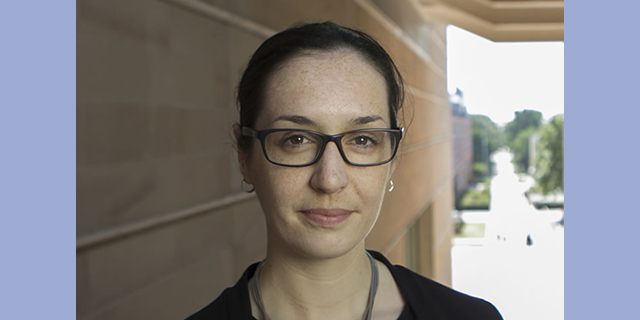Democrats, Dictators and Constitutional Dialogue: Myanmar’s Constitutional Tribunal and the Debate over Citizenship and the Right to Vote

Myanmar is one of the most recent countries in the world to have established a Constitutional Tribunal. Yet the operation of the Tribunal flies in the face of assumptions common to global constitutionalism. At present, external factors such as globalised judicial networks or comparative concepts of rights-based review have had little influence in Myanmar. Instead, the operation of the Tribunal can be explained by two main internal factors and the actions, or inaction, of elite political actors. Melissa demonstrated this by analysing the Constitutional Tribunal under President Thein Sein (2011-2012; 2013-2016) and then the National League for Democracy government (2016-). This talk focused on the issue of the right to vote and citizenship to illustrate when and why elites (both democrats and dictators) use the Tribunal. Although the global community largely perceived the 2015 elections to be free and fair, in fact the decision of the Tribunal combined with the actions of Parliament contributed to the mass disenfranchisement of over one million people (many of whom are Rohingya). In this respect, the Tribunal has reinforced a limited nationalist understanding of the 2008 Constitution. As a monumental shift has taken place from direct military rule to military-led constitutionalism in Myanmar, this seminar offered an important and timely reflection on the implications of the role of the Tribunal as a forum for constitutional dialogue between military dictators and democratically elected representatives. This talk was based on a forthcoming article in the International Journal of Constitutional Law (2018)
This seminar was co-hosted by the Asian Law Centre and the Peter McMullin Centre on Statelessness
Dr Melissa Crouch is a Senior Lecturer at the Law Faculty, the University of New South Wales, Sydney. Her research contributes to the field of Asian Legal Studies, with a focus on Comparative Constitutional Law; Law and Governance; and Law and Religion. Her research has a particular focus on Southeast Asia, where she has conducted extensive socio-legal field research. She is currently sole Chief Investigator on an ARC Discovery Grant on "Constitutional Change in Authoritarian Regimes" (2018-2021). Melissa is the author of Law and Religion in Indonesia: Conflict and the Courts in West Java (2014), and editor of 'Islam and the State in Myanmar: Muslim-Buddhist Relations and the Politics of Belonging' (OUP 2016), and The Business of Transition: Law, Development and Economics in Myanmar (CUP 2017). She is currently working on a book manuscript on The Constitution of Myanmar: A Contextual Analysis. Melissa leads the UNSW Law Southeast Asia engagement strategy, and is the Myanmar Academic Lead for the UNSW Institute for Global Development. She teaches public law; law and society; and law in Southeast Asia. She is currently visiting Melbourne Law School as part of the Kathleen Fitzpatrick Visiting Fellowship Program hosted by Professor Adrienne Stone.